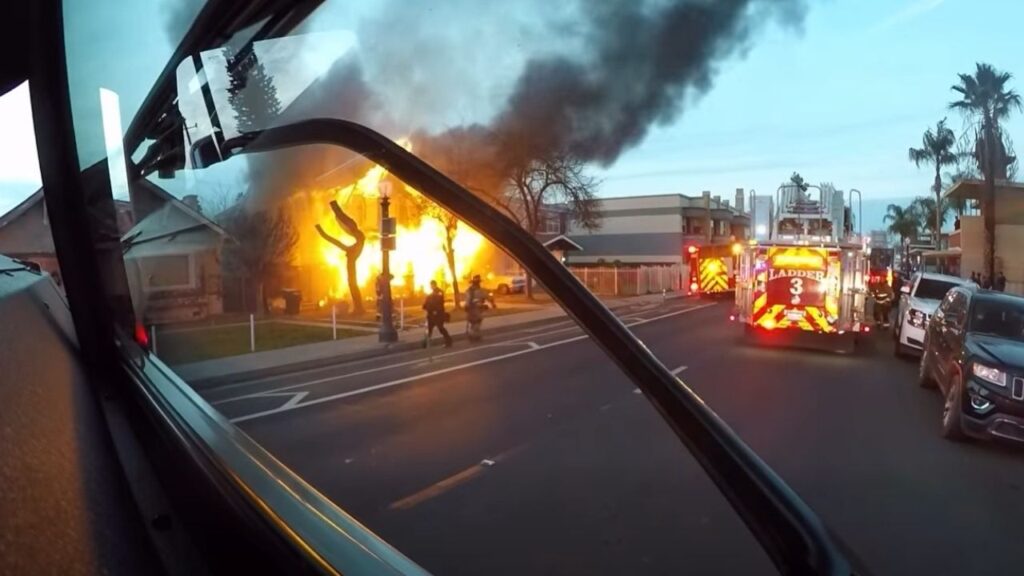Share
Under current California law, more than 20 clearly violent crimes aren’t classified as violent, including rape of an unconscious person, trafficking a child for prostitution, assault with a deadly weapon and domestic violence.

Opinion
Nina Salarno Besselman
Special to CALmatters
This was a dangerous flaw with Proposition 57, which California voters approved in 2016 by a wide margin, after being reassured by its proponents that the measure would apply only to non-violent offenders, and that only those inmates who posed no threat to public safety would be released from prison early.
What voters weren’t told is that the list of non-violent offenses includes many crimes that most people would agree are very serious and violent.
As a result, thousands of inmates with long records of violent and serious crimes have already been released, and thousands more are now eligible for early release, including child molesters and sex offenders. Seriously.
The Case Centered on an Inmate Named Gregory Gadlin
A superior court judge recently ruled that Proposition 57 does indeed apply to inmates convicted of violent sex offenses, including those serving time for crimes against children.
The case centered on an inmate named Gregory Gadlin, who is serving time for slashing his girlfriend’s face and hands with a butcher knife while on parole. His criminal portfolio includes joining in the gang-rape of a 17-year-old girl after promising to take her to the hospital after she was gang-raped earlier by another group, and the rape of his 11-year-old niece.
Gadlin’s sentencing brief goes on to warn that he “has repeatedly used force and violence on women and children throughout his lifetime.”
Nevertheless, he qualifies for early release under Proposition 57, because his crime of repeatedly stabbing and slashing his girlfriend is not considered violent under California law.
The proponents of Proposition 57 specifically promised voters that convicted violent sexual offenders like Gadlin would not be eligible for early release consideration because they were sexual offenders. The courts disagree and the proponents lied.
Thousands of other inmates with similar histories of violence and abuse are already back on the street because of Proposition 57.
These aren’t petty criminals who committed low-level victimless crimes, but serious and violent offenders whose crimes have done lasting physical and psychological damage to their victims and their victims’ families.
Raping an Unconscious Person Would Become a Violent Crime
An alliance of crime victims, law enforcement, district attorneys and other public safety leaders has qualified an initiative for the November 2020 ballot which would prevent the early release of sex offenders and other violent criminals.
Under the Keep California Safe initiative, raping an unconscious person would become a violent crime. So would trafficking a child for sex, assault with a deadly weapon, domestic abuse, assault on a peace officer, felony child abuse and 17 other crimes, which by any common sense measure should be classified as violent, but are not now considered so under the law.
Until California goes on record that assaulting an unconscious woman, beating up a spouse or sexually abusing a child are in fact unacceptably violent crimes, one wonders how serious the state is about stopping them.
Nina Salarno Besselman is president of Crime Victims United, and a former deputy district attorney in Sacramento County, nina@salarnolaw.com. She wrote this commentary for CALmatters, a public interest journalism venture committed to explaining how California’s Capitol works and why it matters.
[activecampaign form=19]
Categories

Israel to Hold Funeral for Last Hostage Recovered From Gaza

Defying White House, Fed Expected to Hold Rates Steady

















